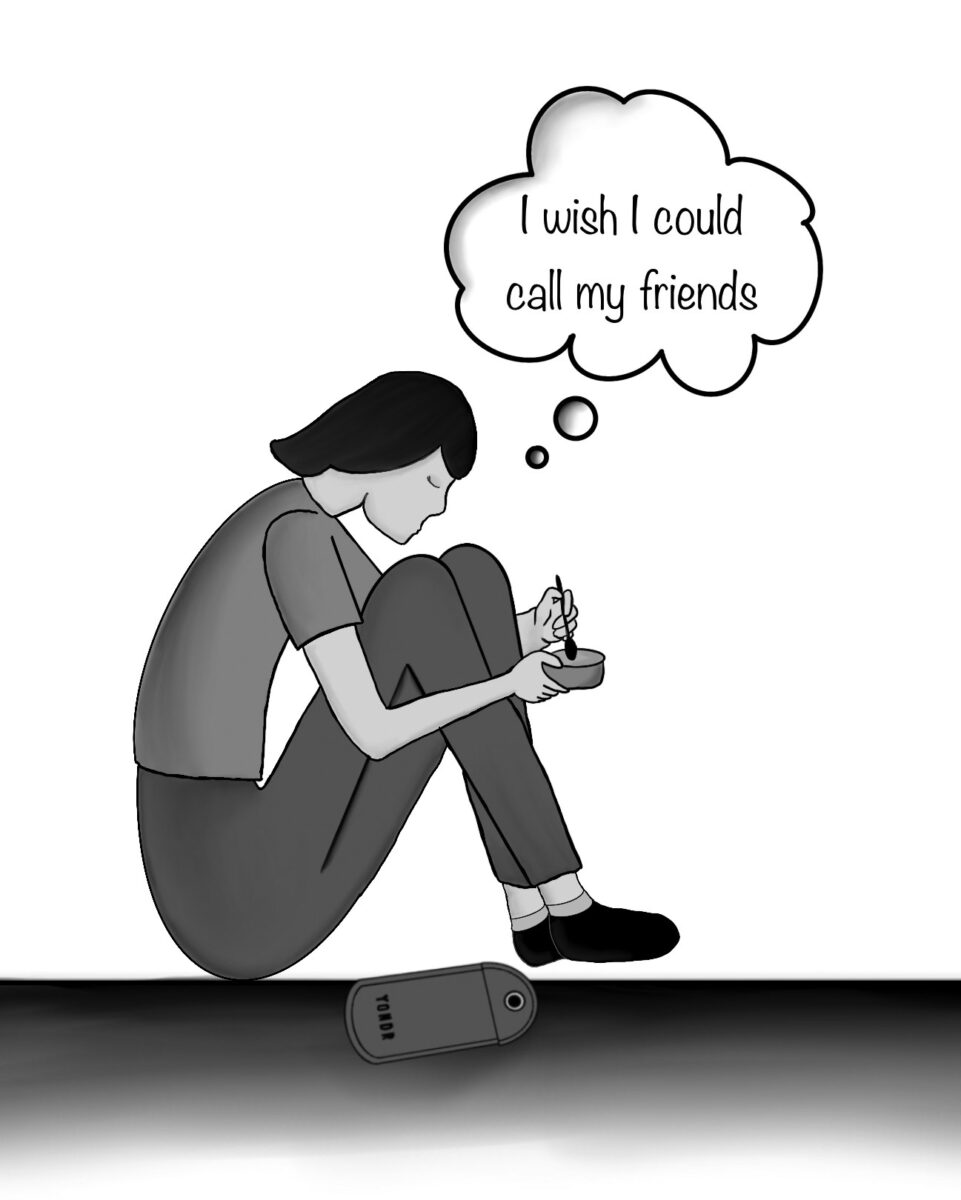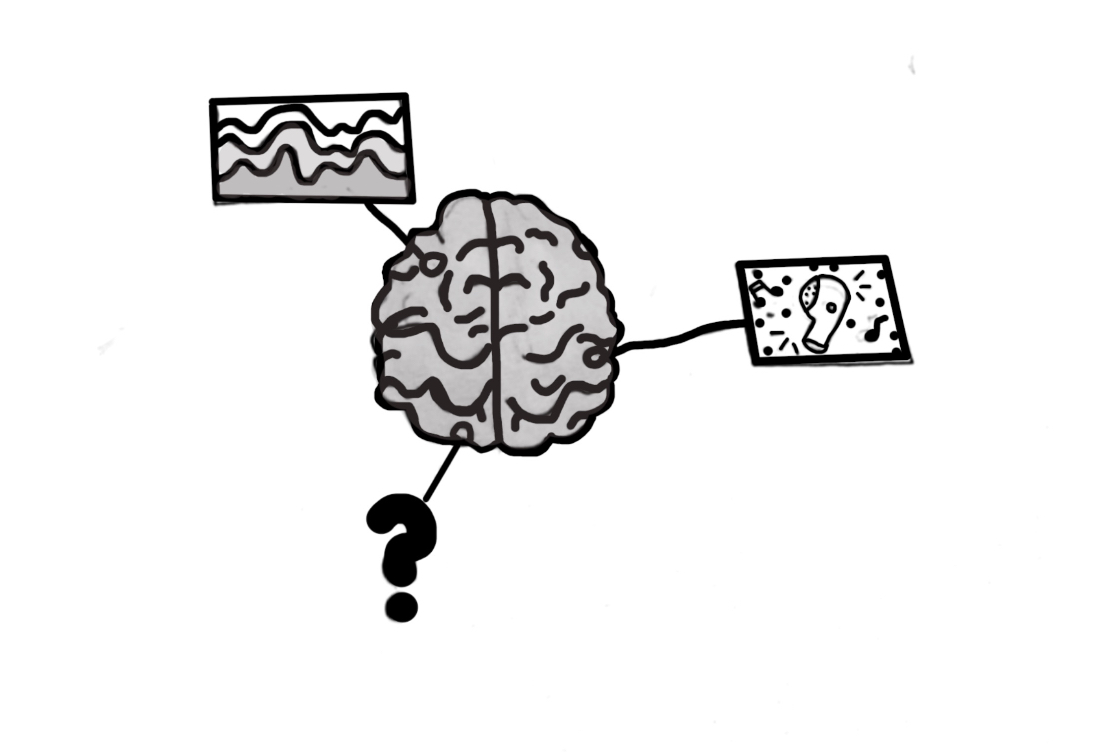This year’s midterm elections are hotly contested in many states across the country, and low voter turnout is becoming a much more prevalent issue. It is imperative that young Americans pay attention to election news; unfortunately, it seems that young adults are voting less and less with each passing year.
Only 38 percent of young adults aged 18 to 24 voted in the 2012 election, down six percent from 2012 and down almost 13 percent from the mid-1960s, according to a report from the U.S. Census Bureau. Voting rates for almost every age group are on the decline in every presidential election since 1964, but people aged 18 to 24 have consistently voted at lower rates than any other age group, according to the same report.

It matters that we aren’t voting—Americans aged 18 to 29 make up 21 percent of eligible voters in the country, an amount large enough to sway an election, according to a Tufts University report. To put that in perspective, 46 million young people are eligible to vote, compared to only 39 million senior citizens.
And if you’re still on the fence, consider this: the same report found that without the votes of young adults in the 2012 presidential election, four swing states–Pennsylvania, Florida, Virginia, and Ohio, all of whom were solidly Democrat–would have switched to Republican, tilting the election in Mitt Romney’s favor. This means that 80 electoral votes were in the hands of young Americans. This shows how much power we give away when we don’t vote.
But many of us just aren’t interested in election news because we feel it isn’t particularly relevant to our day-to-day lives. Most of us aren’t eligible to vote yet, so we often wonder why we should bother following the news.
The simple answer is that it’s our civic duty to do so. We need to be involved at least in some capacity in the workings of our government to prevent possible corruption by a small few.
Perhaps teens think they’re under qualified to make an informed decision about who should hold what position of power in the federal government. Maybe that’s why some of us don’t vote or don’t plan on voting once we can—we don’t believe we have the proper qualifications to do so.
However, that’s where those of us under 18 can make a difference. In order to make an informed decision when casting a ballot, it is important to stay up-to-date with the news long before the election actually takes place, including doing research before we turn 18. That way, once we come of age, we won’t lack information about what we’re voting for.
For those of us who are minors, and even those of us already of age, one way to stay updated is to read both local and national newspapers. And following election polls online and on TV and staying up to date with current propositions and candidates will help come election day.
Young people do have a voice in politics. If we vote when we turn 18, we are more likely to return to the polls later in life, according to the Tufts report. By promoting a culture where teenage voting is the norm, we are cultivating the next generation of participants in democratic society.
Do you know who’s running for office in this year’s midterms? If not, it’s time for you to learn. It’s time for all of us to start exercising one of our most important rights as Americans.












